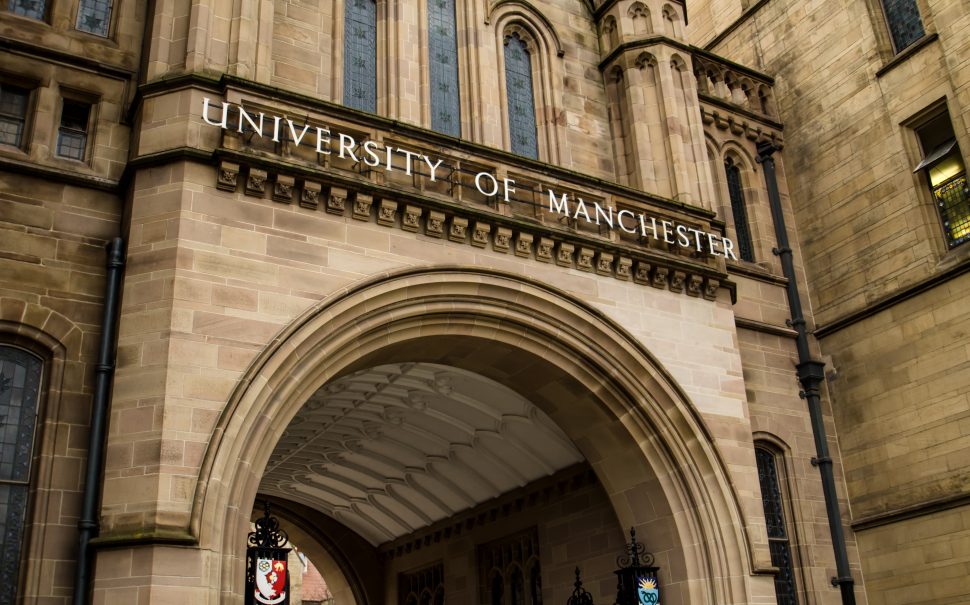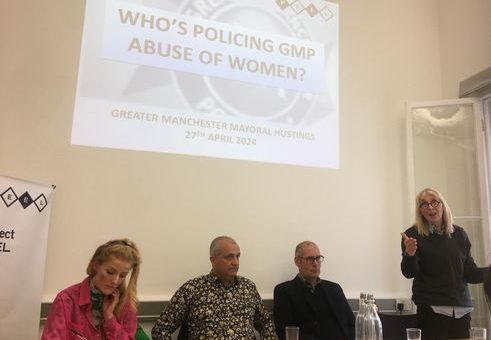The Government is misleading the public by claiming modern slavery can be eradicated by tougher border controls, new research has claimed.
Experts from the University of Manchester conducted interviews with 30 offenders who have been convicted of modern slavery offences in the UK — 16 of them were British.
They found many of the people they spoke to had long histories of trauma, migration and victimisation which had led them into exploitative relationships, debts and dependencies before they got involved in modern slavery.
Senior Criminology lecturer Dr Rose Broad said: “Our research has shown that we are deceiving ourselves by thinking that modern slavery can be eradicated by toughening up border controls and extending sentence lengths for convicted offenders.
“Instead, we need to face up to the complexities that lead to some people being convicted of people trafficking and smuggling offences.
“We need to ask why these kinds of exploitation are persisting, despite a decade of efforts to out-police modern slavery.”
The researchers found that some of the offenders had never been involved in crime and others had escaped dire situations themselves and were trying to raise money for families overseas.
All but one of the women interviewed had dependent children or elderly relatives who they supported financially.
Two white British nationals were the only respondents to say they got involved to make “easy money.”
Some participants had helped smuggle people into the UK – for some this was unintentional, and others had done it as a favour to friends.
The research claims that many of the causes of modern slavery could be rediced by providing a more hospitable environment for new arrivals.
Researchers behind the study said if people are able to work for at least a legal minimum wage, if they know their rights and if they can access decent housing and healthcare they would not become reliant on favours from people operating outside the law.
David Gadd, Professor of Criminology, said: “Recognising the rights of children, migrants and sex workers would protect many from the horrors of modern slavery.
“The perpetrators often come from these vulnerable groups as well, but they are not a homogenous group.
“Their motives for exploiting others are varied, and can even be morally comprehensible if one pays attention to the complexity of the difficulties they have faced throughout their lives.
“Their stories can reveal unpalatable truths about the world we live in.”
Main image: Vita Student via Flickr




